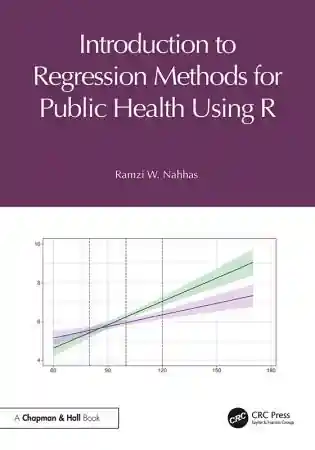
The Role of AI, IoT and Blockchain in Mitigating the Impact of COVID-19
- Length: 215 pages
- Edition: 1
- Language: English
- Publisher: Bentham Science Publishers
- Publication Date: 2023-11-07
- ISBN-10: 9815080679
- ISBN-13: 9789815080674
- Sales Rank: #0 (See Top 100 Books)
In the wake of the global COVID-19 pandemic, humanity faced unprecedented challenges that necessitated innovative technological solutions. The Role of AI, IoT, and Blockchain in Mitigating the Impact of COVID-19 explores the transformative influence of Artificial Intelligence (AI), Internet of Things (IoT), and Blockchain technologies in combating the pandemic’s effects.
Key themes:
Technological Pandemic Response: This book delves into how technology played a pivotal role in enabling social distancing, remote monitoring, contact minimization, telecommuting, online education, virus analysis, and predictive modeling, effectively aiding the fight against the coronavirus.
Data Precision: Accurate and reliable data are essential for tracking virus spread. The book demonstrates how AI, IoT, and Blockchain can establish digital databases that ensure data accuracy, accessibility, and real-time monitoring, addressing the challenges faced by public healthcare systems.
Innovative Applications: Chapters in this book cover a wide array of applications, from AI-driven models for COVID-19 analysis and prediction to the use of 3D printing technologies, IoT tools for virus control, and the impact of AI and IoT in healthcare. It also explores the role of social media in promoting social distancing.
Advanced AI Techniques: Readers gain insights into cutting-edge AI techniques applied to COVID-19 in areas such as treatment, diagnosis, prognosis, chest X-ray and CT analysis, pandemic prediction, and pharmaceutical research.
Industry 4.0: The book discusses Industry 4.0 technologies and their contribution to sustainable manufacturing, efficient management strategies, and their response to the challenges posed by the pandemic.
Contributed by a distinguished panel of national and international researchers, with multidisciplinary backgrounds specializing in Artificial Intelligence, biomedical engineering, machine learning, and healthcare technology, public health and industrial automation. Each contribution includes derailed references to encourage scholarly research.
This book serves as a valuable resource for academic and professional readers seeking to understand how modern computing technology has been harnessed to address the unique challenges posed by the COVID-19 pandemic. It offers insights into technological innovations and their potential for the betterment of society, especially in times of crisis. Readers will be introduced to computing techniques and methods to measure and monitor the impacts of medical emergencies similar to viral outbreaks and implement the necessary infection control protocols.







